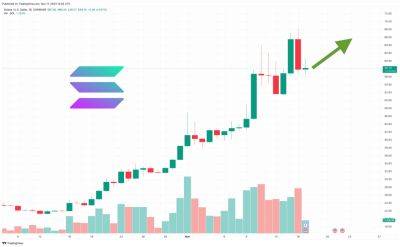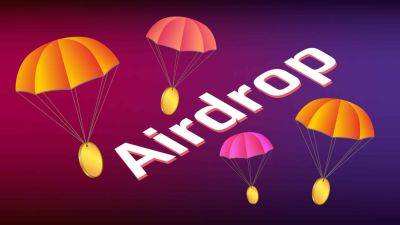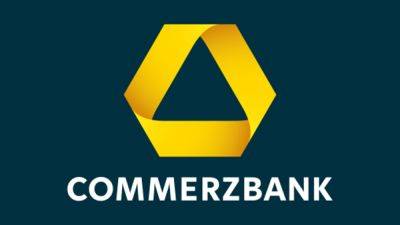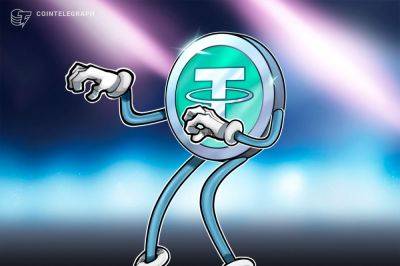Bitwala emerges from the ashes of Nuri
Nuri filed for insolvency in a Berlin court in August, weeks after it said it would lay off 20% of its workforce in a drive to reach profitability. The firm reurned outstanding customer funds to its half a million customers and closed the doors, seemingly for good.
The relaunch comes with a renewed focus on returning to its core offering, which centres around buying and selling crypto.
"Buying and selling crypto has always been at the heart of Bitwala's business," notes Jan Goslicki, Bitwala's chief experience officer.
"While we've explored various use cases in the market, the truth is that everyone wants to buy BTC and sell it when the price rises."
The return to the market comes as the platform shrugs off the licencing and regulatory burden by using an out-of-the-box compliant infrastructure package from Striga.
In its previous guise, Bitwala relied on Solarisbank for its licencing and regulatory requirements.
The Bitwala app is now live in 29 countries within the European Economic Area (EEA), granting users access to bitcoin and ethereum, which can be exchanged for the euro and sent using Sepa transfers. Future plans for the platform include integrating the Lightning Network and introducing a crypto-backed Visa debit card, all of which are being developed in collaboration with Striga.

 finextra.com
finextra.com




















